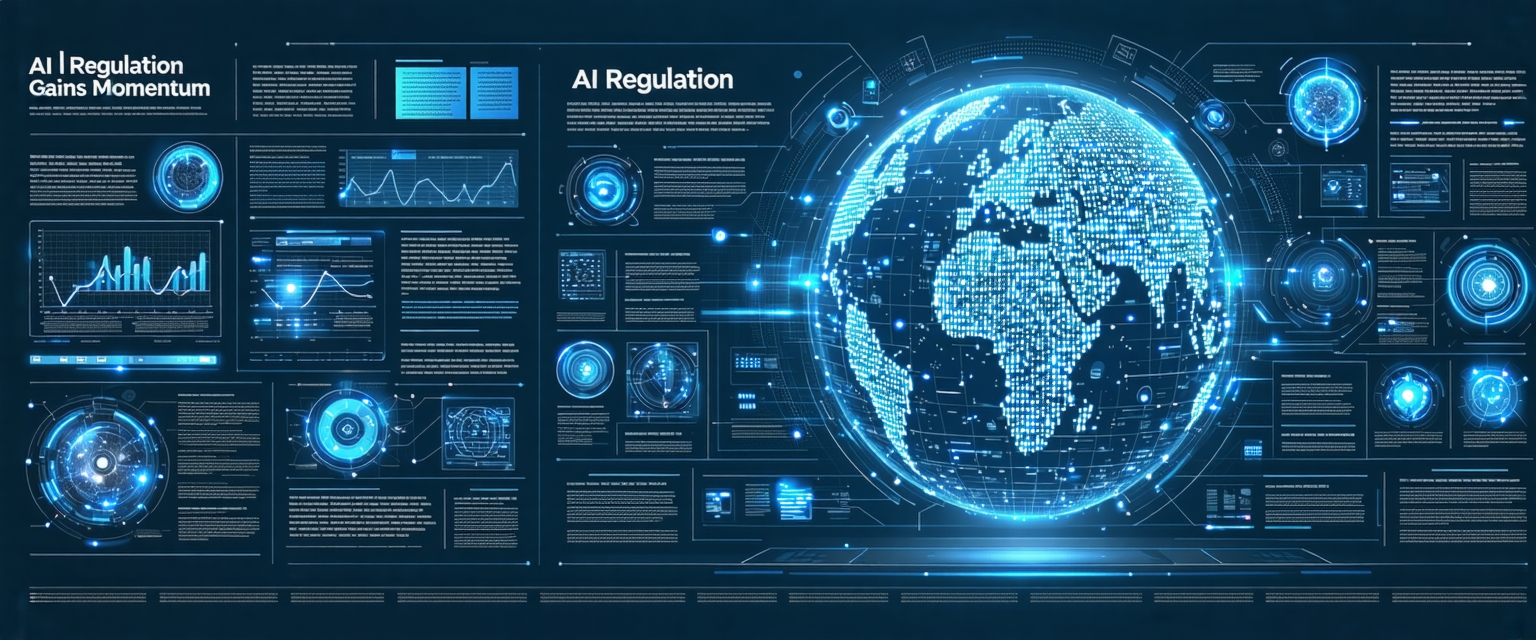






Global efforts to regulate artificial intelligence (AI) are rapidly intensifying, driven by concerns about bias, safety, and the potential for misuse. Recent developments signal a shift towards more concrete policies and international collaboration.
The rapid advancement of AI, particularly generative models like large language models (LLMs), has outpaced the development of robust regulatory frameworks. Early discussions focused largely on ethical guidelines and voluntary codes of conduct. However, the potential societal impact of AI, including job displacement and the spread of misinformation, has spurred calls for more stringent regulation.
Existing regulations, such as GDPR in Europe, offer some level of protection related to data privacy in AI systems, but these often fall short of addressing the unique challenges posed by sophisticated AI models. The lack of a unified global approach has also hindered effective oversight.
Several significant developments have emerged recently. The EU is nearing the finalization of the AI Act, a landmark piece of legislation that aims to classify AI systems based on risk levels and impose different regulatory requirements accordingly. This includes strict rules for high-risk AI applications like those used in healthcare and law enforcement.
Beyond the EU, other nations are also exploring various regulatory approaches. The US is pursuing a more fragmented strategy, with different agencies focusing on specific aspects of AI development and deployment. International collaborations are also gaining traction, with discussions underway to establish common standards and principles.
The impact of these regulatory efforts will be far-reaching. Companies developing and deploying AI systems will need to adapt their practices to comply with new rules, potentially leading to increased costs and slower innovation in some areas. However, well-designed regulations can also foster trust, mitigate risks, and promote responsible AI development. They also create a level playing field for businesses.
The success of these regulations depends on their ability to strike a balance between promoting innovation and safeguarding societal well-being. Enforcement will be crucial to ensure compliance and prevent circumvention of the rules.
The coming months and years will be critical in shaping the future of AI regulation. We can expect further refinement of existing proposals, the emergence of new regulatory initiatives, and ongoing debates about the best approach to governing this powerful technology. International cooperation will play a key role in establishing global norms and preventing regulatory fragmentation.
The focus will likely shift towards effective enforcement mechanisms and addressing the evolving challenges posed by rapidly advancing AI capabilities.